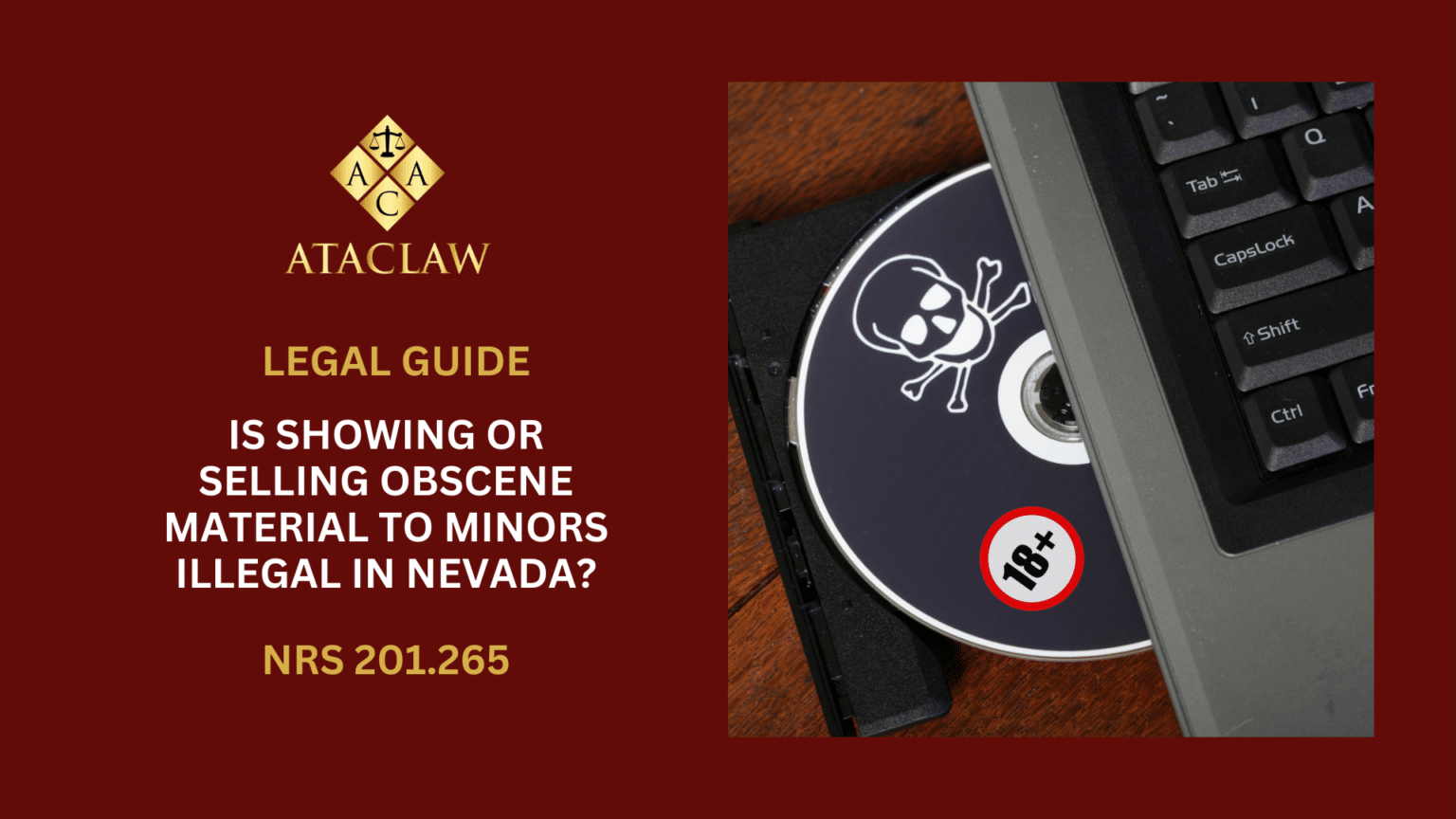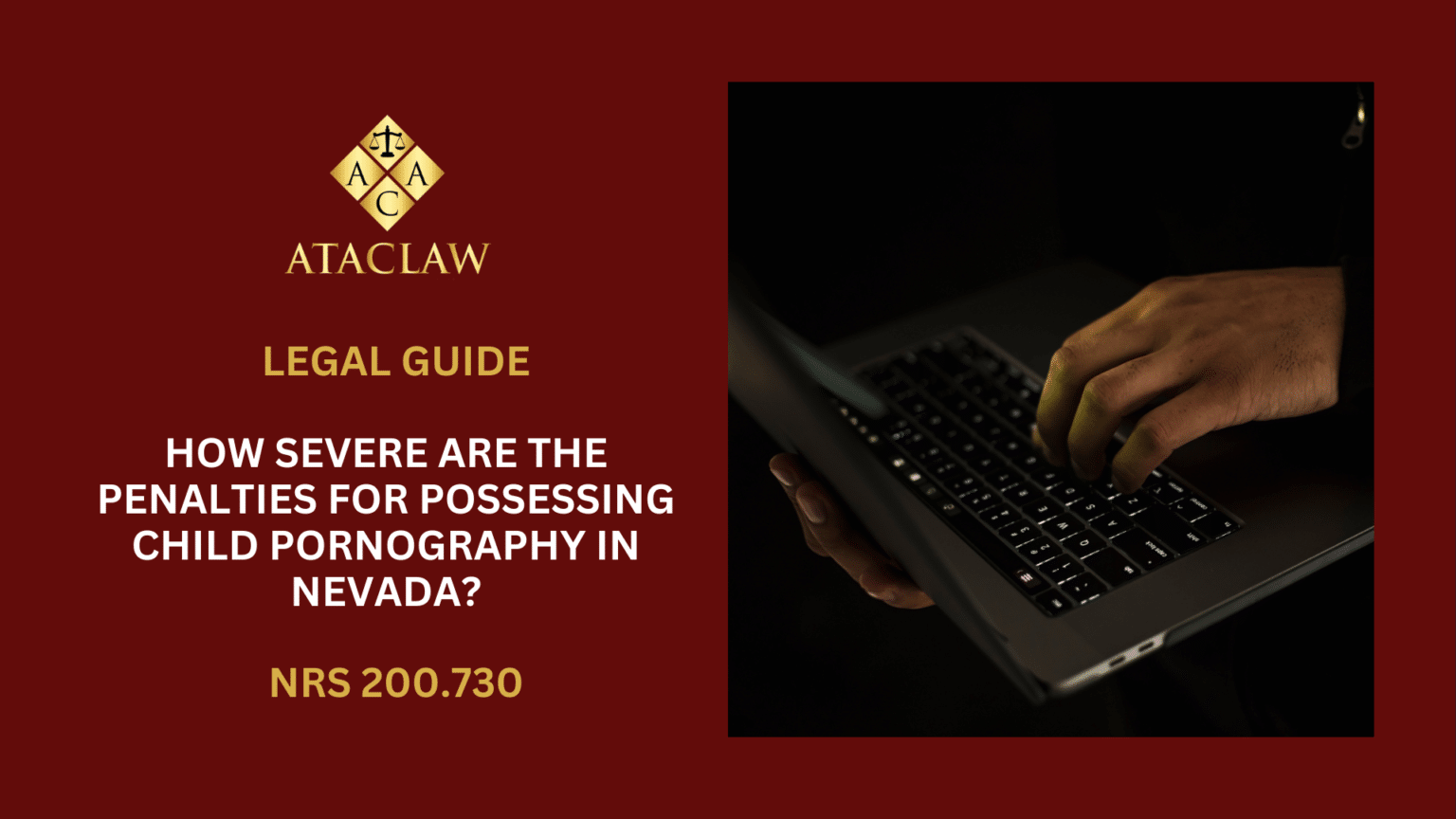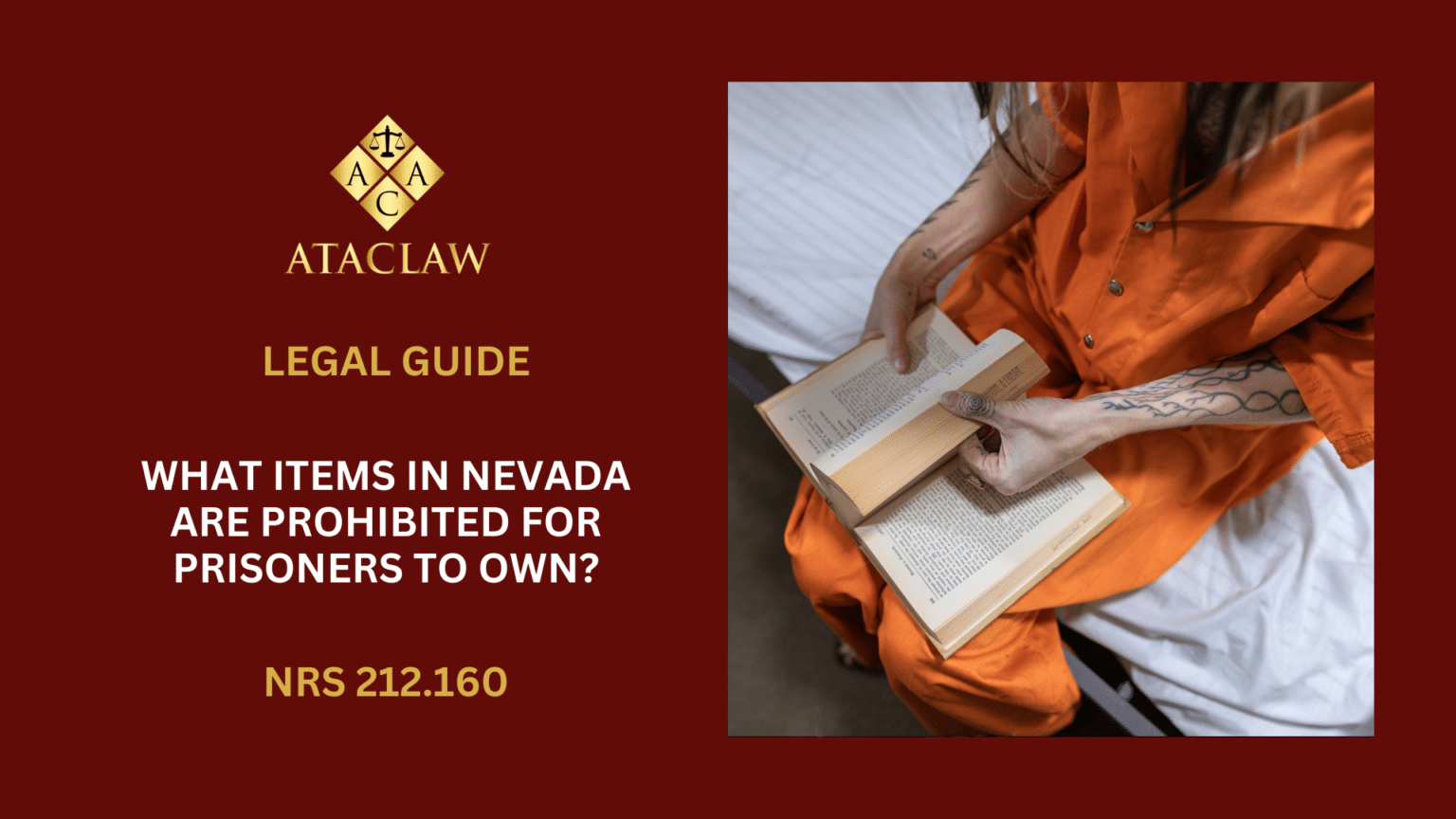In today’s digital age, the lines between accessible content and restricted material can often seem blurred. Parents, guardians, and those in the business of content distribution might find themselves questioning the legality surrounding the exhibition and sale of certain materials, especially when minors are involved. NRS 201.265 is a critical piece of legislation in Nevada law that addresses the issue of distributing obscene materials to individuals under the age of 18. But what exactly constitutes “obscene material” in the eyes of Nevada law, and how does this affect you?
At its core, this statue makes it a misdemeanor offense to sell, give away, or show pornographic material to a minor. Furthermore, it prohibits individuals from falsely representing themselves as over 18 to acquire such materials. The intention behind the law is clear: to protect minors from exposure to content deemed inappropriate for their age and development.
What Types of Content Are Considered Harmful to Minors Under Nevada Law?
Navigating the landscape of legal regulations around content suitable for children under the age of 18 in Nevada can be complex. The state defines materials deemed harmful to minors with specific criteria in mind. These materials typically include those that:
- Illustrate, detail, or depict acts of nudity, sexual conduct, sexual activities, sexual arousal, or masochistic abuse;
- Stir a lascivious interest, evoke a sense of shame, or entice a morbid curiosity among minors;
- Are deemed patently inappropriate by established standards of the adult community regarding what constitutes suitable matter for minors;
- Fail to offer significant value in terms of literature, art, politics, or science.
While pornographic films and imagery are the most recognized forms of such harmful materials, the scope of what’s considered inappropriate extends considerably. It can encompass a range of mediums, including:
- Written text such as books, brochures, magazines, newspapers, printed advertisements, or other documented or penned work;
- Imagery and video content including movies, photos, drawings, statues, sculptures, or any form of visual art or representation;
- Audio content, whether it be scripted, recorded, or messages conveyed through live or pre-recorded telephone communications.
It’s imperative for content creators, publishers, librarians, educators, and parents to be fully aware of these legal boundaries. By ensuring that content is thoroughly screened and age-appropriate verification systems are in place, society at large can contribute to a secure and productive environment for minors.
What is Illegal Under Nevada Law When Providing Adults-Only Content to Minors?
Nevada statute NRS 201.265 specifically targets the protection of minors from exposure to obscene content and strictly regulates the distribution and accessibility of such materials to individuals under the age of 18. According to this law, engaging in any of the following activities is considered a violation:
- Distributing sexually explicit content, unless performed by the minor’s parent, guardian, or spouse;
Setting up displays for adult viewers in a manner that minor children could also obtain access to such content, unless the individual involved holds a parental, guardianship, or spousal relationship with the minor; - Providing minors with tickets or passes to events showcasing adult content without the accompaniment of a parent, guardian, or spouse;
- Falsely claiming to be the parent, guardian, or spouse of a minor in order to distribute adult content to them or to gain approval for the minor’s access to such content;
- Falsely asserting oneself to be of legal age (18 or over) to acquire adult content or gain entry to events featuring such material;
- Offering for sale or rent, films with adult content in areas of a business accessible to minors without establishing an ‘Adults Only’ section distinctly separate and clearly marked to restrict minor’s access and visibility to the content and its advertisements.
It’s important to note that this statute takes into consideration the method of material delivery to the minor, including both in-person and electronic communications, as equally pertinent. However, NRS 201.265 provides exemptions for employees of state-operated universities, community colleges, schools, museums, or libraries who distribute such materials as part of their professional duties.
For parents, guardians, and those involved in the business of content distribution, understanding and complying with NRS 201.265 is paramount. This regulation underscores the collective responsibility of the community in protecting minors and fostering a safe and healthy environment for their growth.
What Penalties Can One Face for Selling or Exhibiting Obscene Materials to Minors in Nevada?
If a person is convicted of selling or displaying materials considered obscene to minors, they face legal repercussions classified as a misdemeanor. The maximum punishments for such an offense include:
- Up to six months in the local county jail, such as the Clark County Detention Center, and/or
- Fines reaching up to $1,000.
It is important to note that repeat offenses do not lead to escalated punishments. Both first-time and subsequent offenses have the same penalty range. However, repeat offenders may be more likely to receive sentences at the higher end of the spectrum.
Despite the severity of the offense, providing obscene materials to a minor is not a crime that mandates sex offender registration in Nevada. This differentiates it from other sexual offenses that carry this additional and long-lasting consequence.
What Are Effective Legal Defenses Against Charges of Selling Obscene Materials to Minors in Nevada?
Nevada’s NRS 201.265, which regulates the distribution of obscene materials to minors, leaves room for interpretation, and this ambiguity can be leveraged in defense of those accused. Here are three potential legal defenses that could significantly influence the outcome of such allegations:
1. Questioning the Material’s Harmfulness
The definition of what is considered “harmful to minors” is subject to interpretation, varying significantly from one case to another. If the defense can successfully argue that the content in question does not reach the threshold of obscenity and possesses artistic, scientific, or educational value, the charges may not hold up in court.
2. Lack of Criminal Intent
For a conviction to be secured, it must be proven that the defendant intentionally distributed obscene materials to a minor. Accidental exposure—where the defendant did not knowingly exhibit such materials to a child, or the minor found the content despite the defendant’s efforts to keep it private—challenges the element of intent and, therefore, criminal liability.
3. Illegitimate Search and Seizure
Evidence often comes from police searches of homes, vehicles, or offices. If these searches are conducted without proper legal authority, any evidence obtained can be contested and potentially excluded from the case. A defense attorney can argue for the dismissal of such evidence due to the illegality of the search. Subsequently, without critical evidence, prosecutors may be compelled to drop the charges.
It’s worth noting that merely not having physical contact with the minor or lacking prior offenses related to lewd conduct does not constitute a defense in these cases.
When Is It Possible to Seal a Criminal Record for a Misdemeanor in Nevada?
If an individual is convicted of a misdemeanor related to distributing obscene materials to minors in Nevada, they must wait one year after the conviction before applying to have their criminal record sealed. Once sealed, the conviction generally does not appear on most background checks. If the charges are dismissed, however, the record can be sealed immediately.
If you’ve found yourself entangled in legal uncertainties regarding the exhibition or sale of obscene materials to minors, or if you simply seek to understand your rights and obligations under Nevada law, ATAC LAW is your go-to resource. Our commitment to clarity, compliance, and client support ensures you’re never alone in these intricate legal matters.
For further legal assistance and to discuss your case with an expert, don’t hesitate to contact ATAC LAW.




